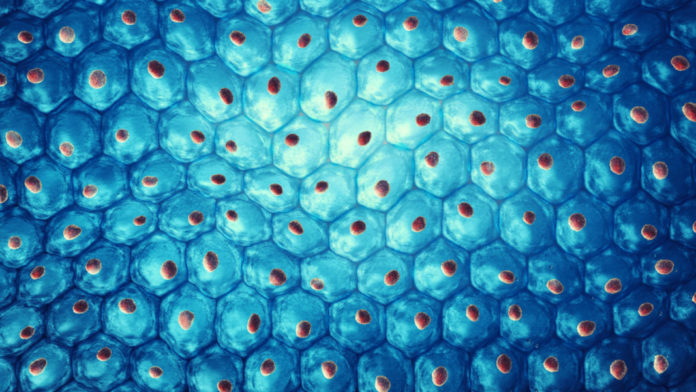The development of human sperm stem cells is a complex process. New research carried out by scientists at Huntsman Cancer Institute (HCI) at the University of Utah in collaboration with scientists at University of Utah Health (U of U Health), has shed on that process in the first-ever study of its kind where changes to human sperm cells are characterized as they mature.
By developing human sperm stem cells themselves, the researchers were able to see just how complex this process was compared to what they had previously believed. Through the use of genome analysis tools, they were able to outline the process in which sperm stem cells undergo through their development. “This information yields new insights into how sperm stem cells function and develop under normal circumstances,” said Bradley Cairns, PhD, lead author of the study and senior director of basic science at HCI and professor and chair of oncological sciences at the U of U. “We have built a very important framework we can now use to help us understand what happens when things go wrong, resulting in issues like infertility and cancer in men.”
The study involved scientists taking a closer look at all those genes that turned on or off while undergoing normal development. Cells were then profiled individually using RNA sequencing analysis to determine the gene expression profile in human sperm stem cells. Results from the study outlined four very distinct phases of sperm stem cell development. In addition to that, it also revealed transitions in factors that influence various cellular states including transcription factors, cell cycle regulators, and signaling factors.
These results also hold some implications for understanding how certain cancers arise. The risk of contracting testicular and prostate cancer is higher in men with infertility issues. “Our study sheds new light on how genes normally function in sperm stem cells,” commented Cairns. “The next steps will be to use this knowledge to better understand what changes happen when sperm stem cells don’t develop normally and instead convert into cancer cells.”
More News to Read

